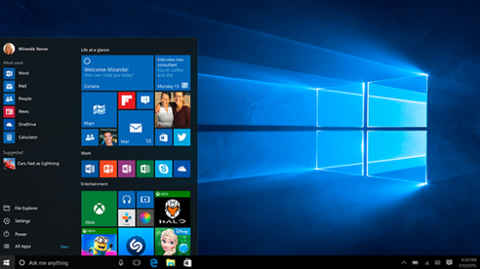A midlevel developer in San Francisco is looking for a new job. On his online profiles, he writes a short description of his professional attributes. It reads something like this:
“I have perfected the art of creating apps that inspire users. Some of the biggest companies on the planet have relied on me to save their bottom lines and achieve their goals. I’m also known as someone who coaxes brilliant work from team members and even bosses.”
While it’s true that the developer helped build some fantastic software at Apple and Google (the “biggest companies on the planet”), most of his statement is, to put it mildly, hyperbole. And that’s a problem, because a cover letter filled with self-praise and overstatement will deep-six your job prospects faster than a misspelled resume or addressing the recruiter by the wrong name during an interview. Recruiters and HR staffers have no room for candidates who describe their accomplishments in excessive ways. Let’s take the above example. “Creating apps that inspire users,” while impressive-sounding, tells the recruiter zilch about the actual apps, or the software and skills needed to create them. Likewise the part about helping companies achieve their goals—there’s no indication in there about how the candidate actually used their skills and experience to generate some measurable outcome. Take another look at your own resume and online statements. Slice out any and all boastful adjectives and phrases. Replace those terms with others that convey how you actually accomplished something. For example, instead of,
“I have perfected the art of creating apps that inspire users.”
Consider something like:
“I’ve built five apps for iOS and Android that produced thirty million dollars in revenue while attracting hundreds of five-star reviews on various app stores.”
By turning empty self-praise into concrete accomplishments, you better convey to anyone reading that you’re an accomplished professional, not just another blowhard.


